What Is Reciprocity Bias?
Reciprocity bias is the tendency to feel like you should return a favor or act of kindness when someone does something for you.
This impulse is common in all kinds of personal relationships — whether with family, romantic partners, or friends. For example, if someone supports you during a tough time, you might feel a strong urge to do something similar for them later.
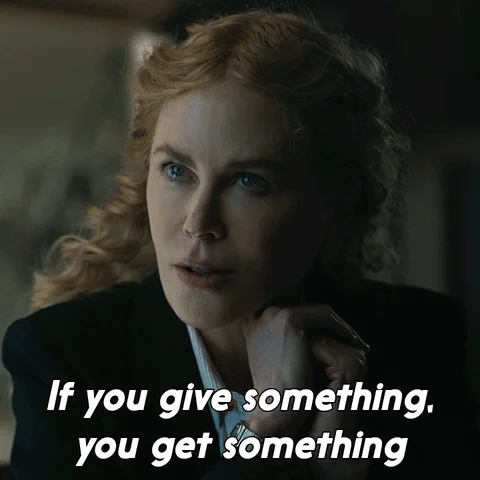
Why Do We Experience Reciprocity Bias?
Humans are naturally wired to notice and remember when someone does something for them. This helps build trust and balanced relationships. Even small acts, like a compliment or a helping hand, can create a strong urge to reciprocate.
Researchers believe reciprocity bias has played a crucial role in human cooperation and survival by encouraging people to work together and support each other as a group.
For example, the well-known "Coca-Cola experiment" by Dennis Regan showed that people were much more likely to return a favor — even to someone they didn’t particularly like — simply because that person had first done something for them.
This video below summarizes the experiment and highlights how powerful and automatic the urge to reciprocate can be:
How Reciprocity Bias Shapes Personal Relationships
 Reciprocity bias can strengthen personal relationships by encouraging people to support one another. When someone puts effort into helping or caring for you, you often want to respond in kind. This cycle of giving and returning support can create trust and a sense of balance in relationships.
Reciprocity bias can strengthen personal relationships by encouraging people to support one another. When someone puts effort into helping or caring for you, you often want to respond in kind. This cycle of giving and returning support can create trust and a sense of balance in relationships.
 Reciprocity bias can also create pressure. Sometimes, you might feel obligated to return a favor even if you didn’t ask for it or don’t feel comfortable with it. This sense of obligation can make interactions feel less genuine and may lead to stress or resentment if it happens too often.
Reciprocity bias can also create pressure. Sometimes, you might feel obligated to return a favor even if you didn’t ask for it or don’t feel comfortable with it. This sense of obligation can make interactions feel less genuine and may lead to stress or resentment if it happens too often.
Examples of Positive and Negative Reciprocity

Your sibling helps you move into a new apartment, so you later offer to watch their pet while they’re out of town.
Your friend covers your share of a restaurant bill when you forget your wallet, so you treat them to coffee the following week.
Your partner supports you through a stressful time by taking on extra chores at home, so you plan a weekend getaway to show your appreciation.
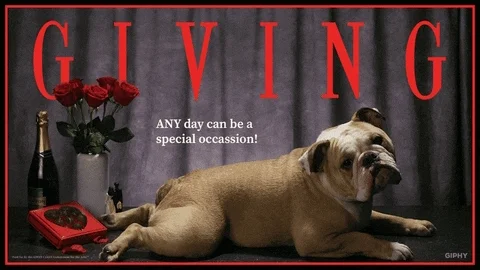

Your parent criticizes your career choice during a family gathering, so you avoid attending the next family event.
Your friend repeatedly cancels plans at the last minute, so you stop inviting them to group outings.
Your partner forgets an important anniversary, so you intentionally don’t respond to their messages for a few days.
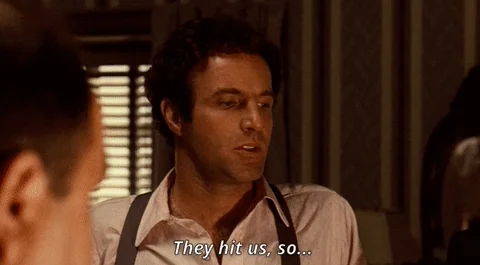
Influences of Reciprocity Bias on Personal Relationships
Whether reciprocity helps or hurts a relationship often comes down to why and how people give back to each other.
When acts of kindness are done with real care and respect, they build trust and strong connections. But if people only give back because they feel they have to, it can cause stress, lead to manipulation, and make relationships feel more like transactions than true connections.
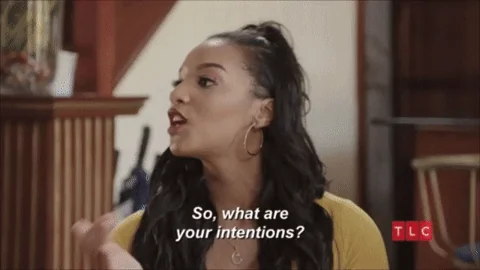
Reciprocity Bias Quiz

Which of these scenarios best illustrates how reciprocity bias could unintentionally create pressure in a friendship?
A. You offer to help a friend move, and they thank you by writing a thoughtful thank you note.
B. A friend gives you an expensive gift, and you feel like you need to match their gift.
C. You and a friend regularly share rides to work and chip in equally for gas money.
D. Your friend forgets your birthday, so you do nothing in return.
Quiz
Which scenario best illustrates how reciprocity bias could unintentionally create pressure in a friendship?
Take Action
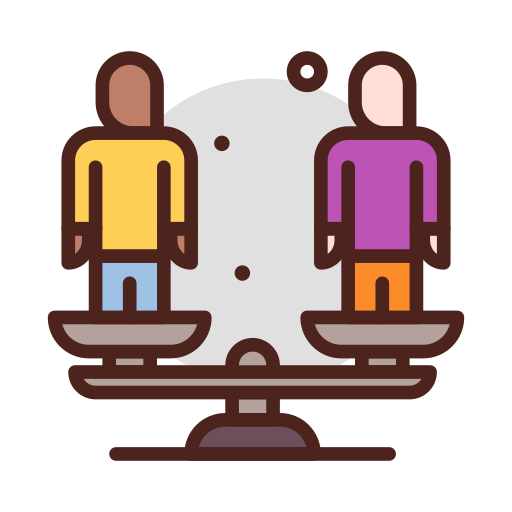
Consider how reciprocity bias might affect your relationships:
Your feedback matters to us.
This Byte helped me better understand the topic.
